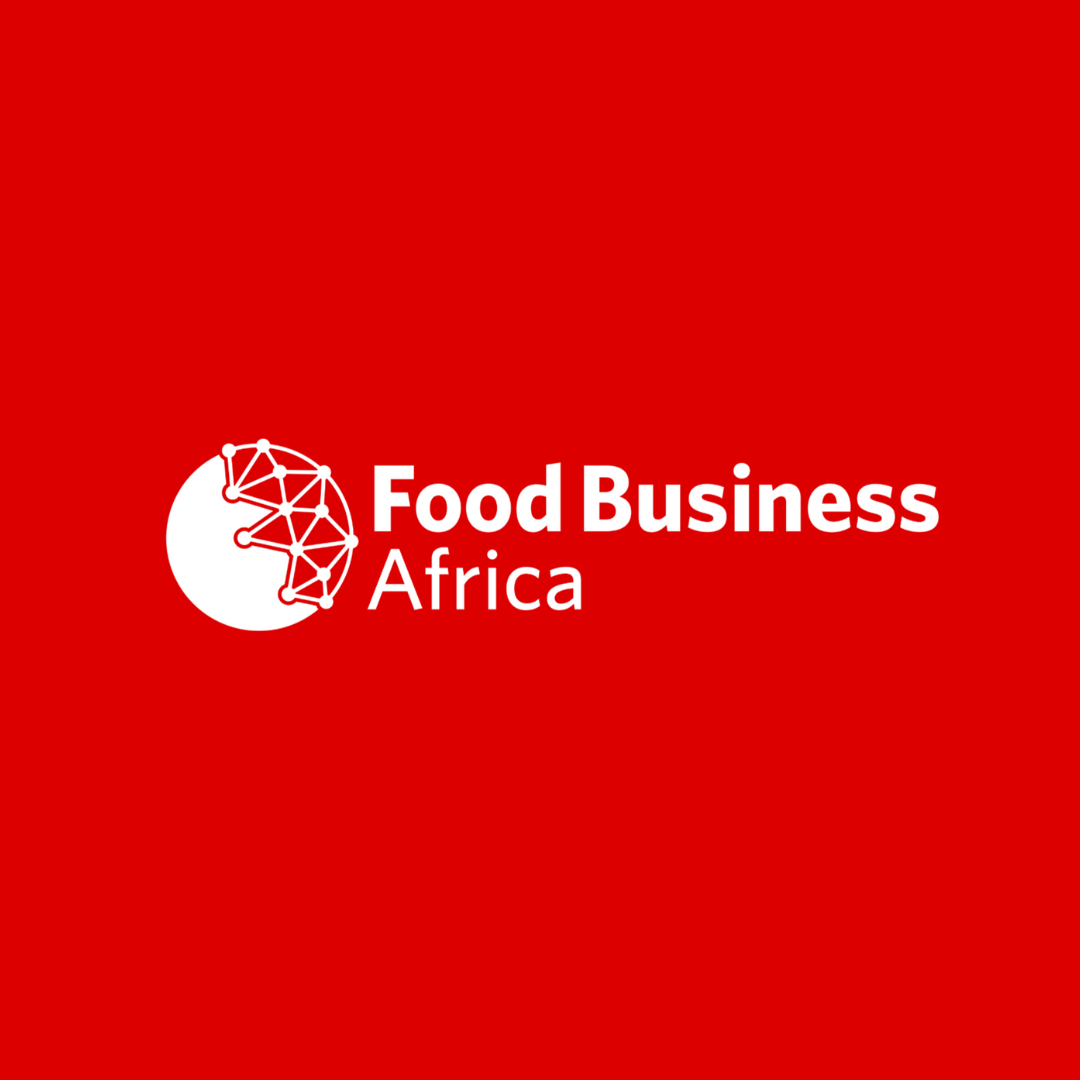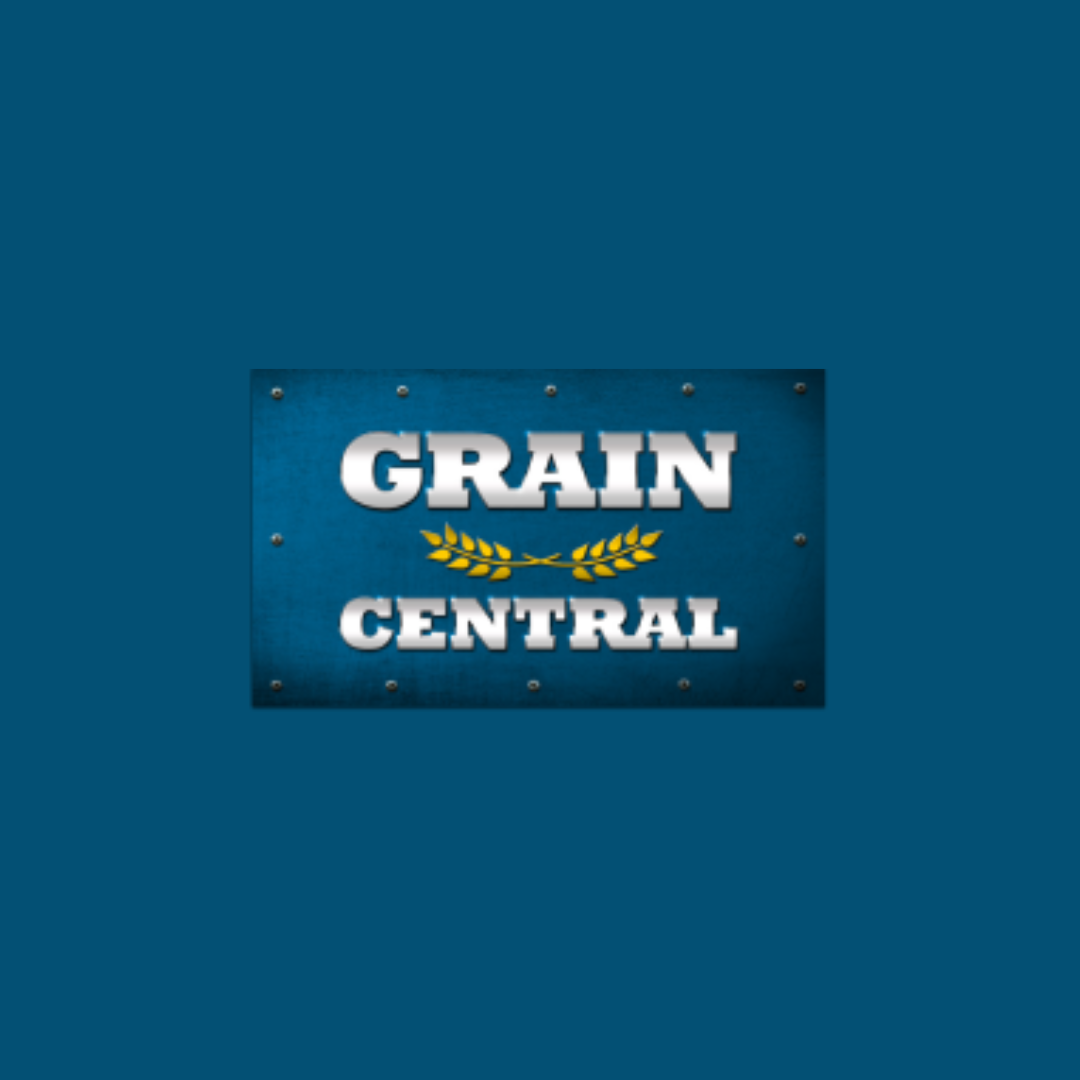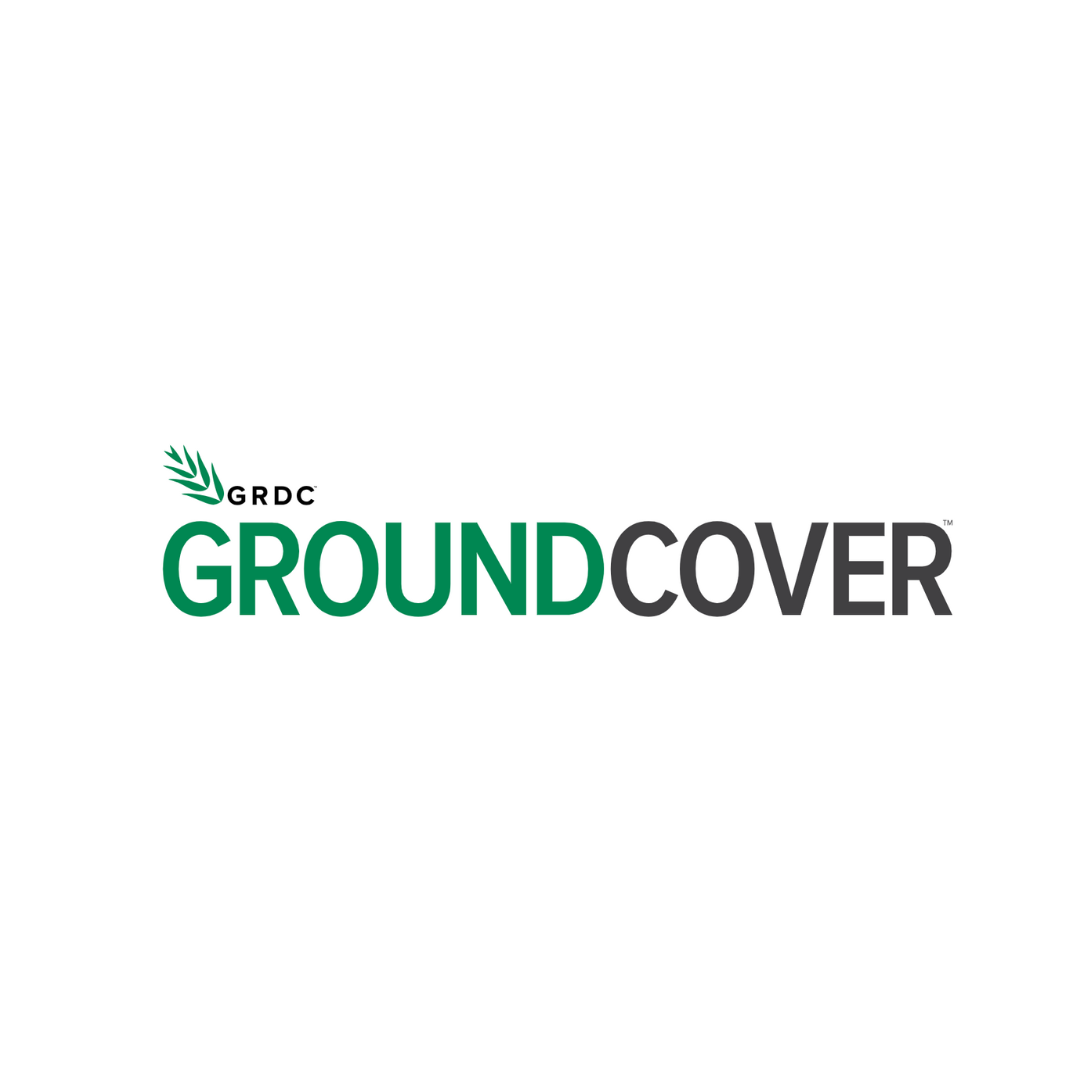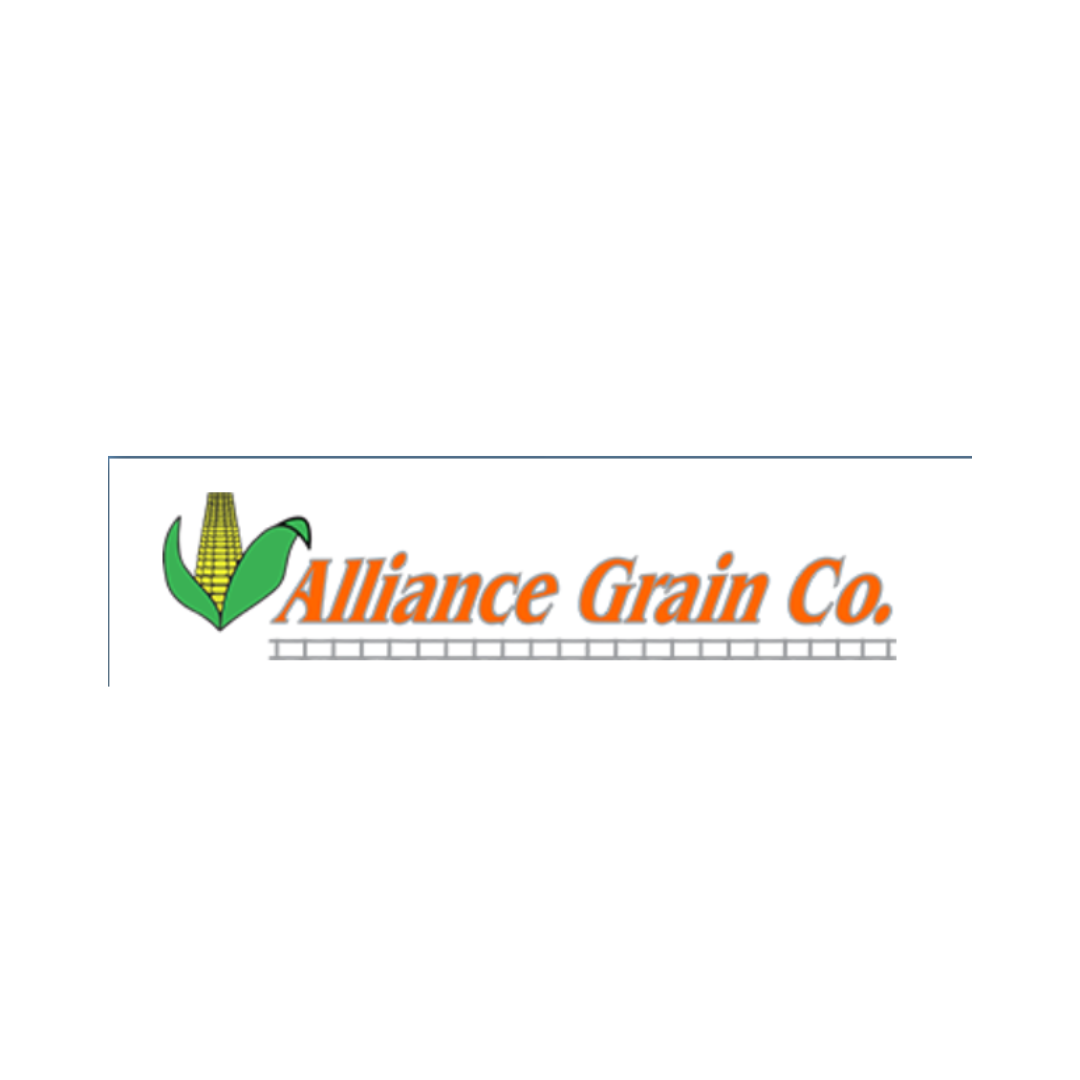Malawi faces a food crisis: why plans to avert hunger aren’t realistic and what can be done
Malawi faces a severe food crisis due to droughts from El Niño, severely impacting the maize harvest. CIMMYT experts, including Mazvita Chiduwa, highlight that importing food is the only viable solution to prevent widespread hunger. Immediate donor support is essential to avert disaster and ensure food security for the country.
Read the full story.













